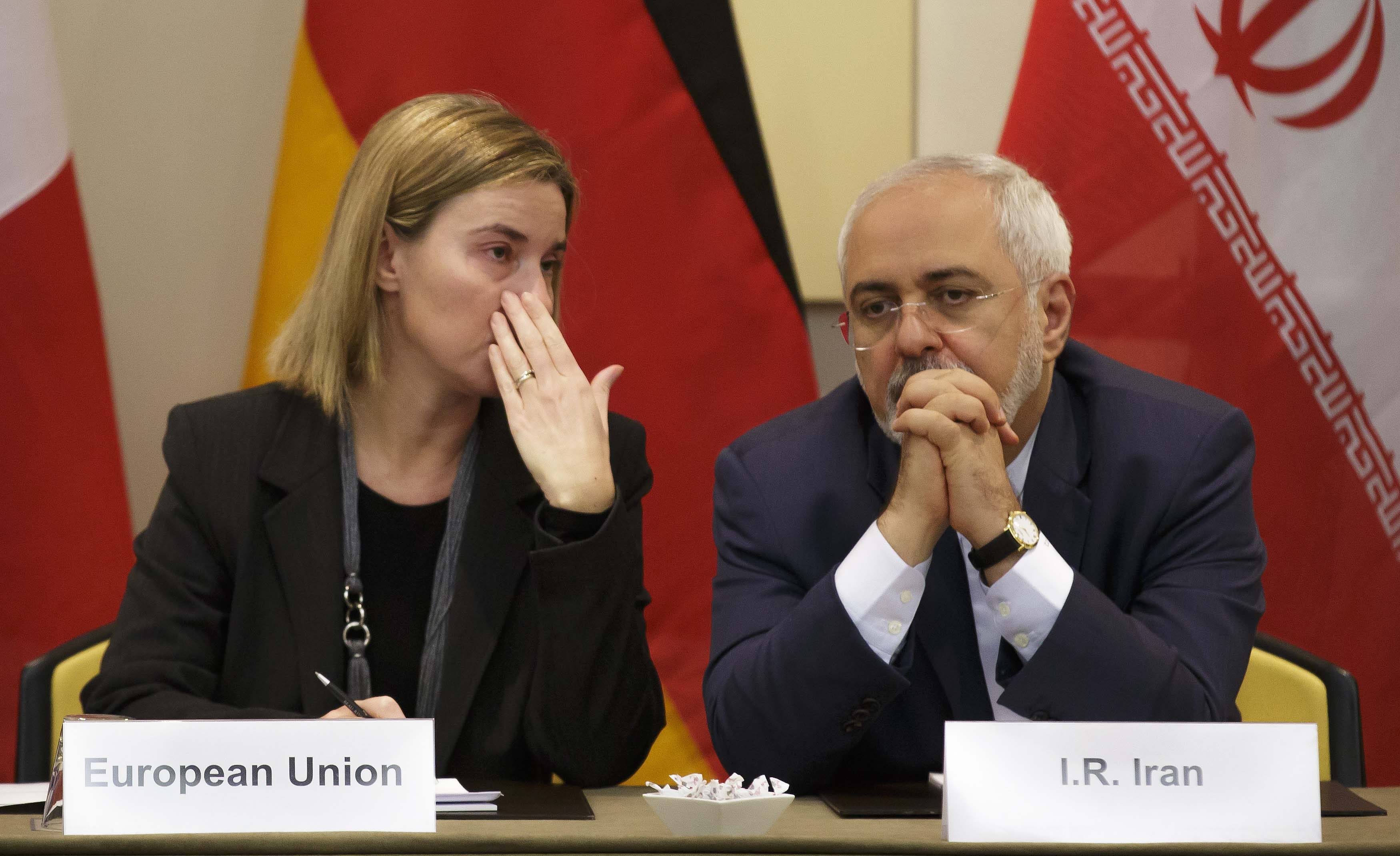Publications
Memorandum No. 175, INSS, Tel-Aviv, June 2018

The nuclear agreement with Iran, which was followed by the lifting of sanctions, marked the beginning of a new chapter in Iran’s relations with Europe, in which both sides set out to rebuild their political and economic relations. The Iranian economy is in need of major investments, particularly in the infrastructure, transportation, energy, and civil aviation sectors. European companies, for their part, view Iran as a large market that was opened to them after years of being denied entry. The potential presented by the opening of the Iranian market has thus far been manifested in a long list of new agreements. Moreover, European countries regard progress in economic cooperation as a means of strengthening Rouhani’s relatively moderate camp against conservative and radical elements, which prefer to isolate the country and strengthen the economic monopoly enjoyed by the Revolutionary Guards. Relations with Europe have assumed even greater importance in Tehran in light of the Trump administration’s policy against Iran, particularly given the US decision to withdraw from the nuclear agreement and re-impose sanctions, which is a measure that Europe vehemently opposes.


